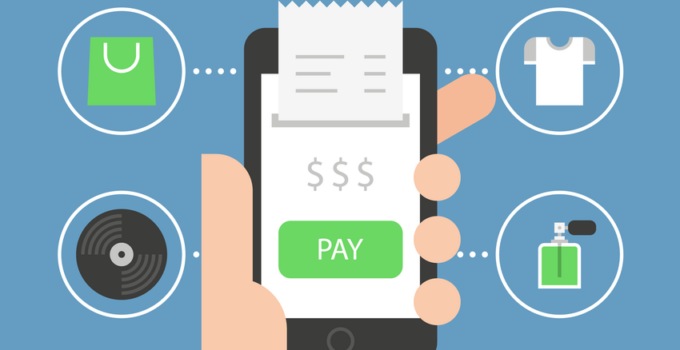A smooth and secure online payment process is the very foundation of any successful e-commerce business. And that foundation is held together by two, mutually-reinforcing pillars – payment gateway and merchant account.
Payment Savvy has boiled down those seemingly complex terms to their most essential features.
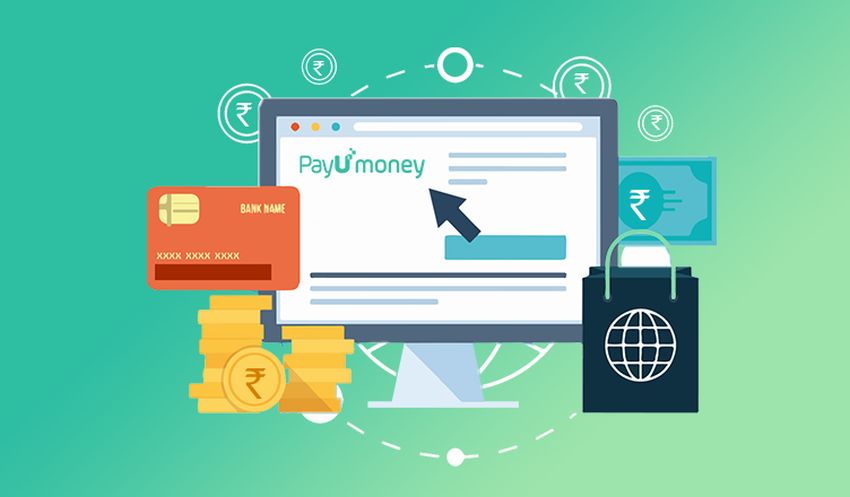
source:themindstudios.com
Page Contents
Payment Gateway
A payment gateway is like a middleman that connects all merchants, online or not and payment networks. It’s what enables merchants to process and accept any payment besides cash or cheque.
A payment gateway is so seamless and fast, it’s easy to take for granted all the essential security operations it carries out in the matter of milliseconds. It takes every transaction through a few phases that work together as follows:
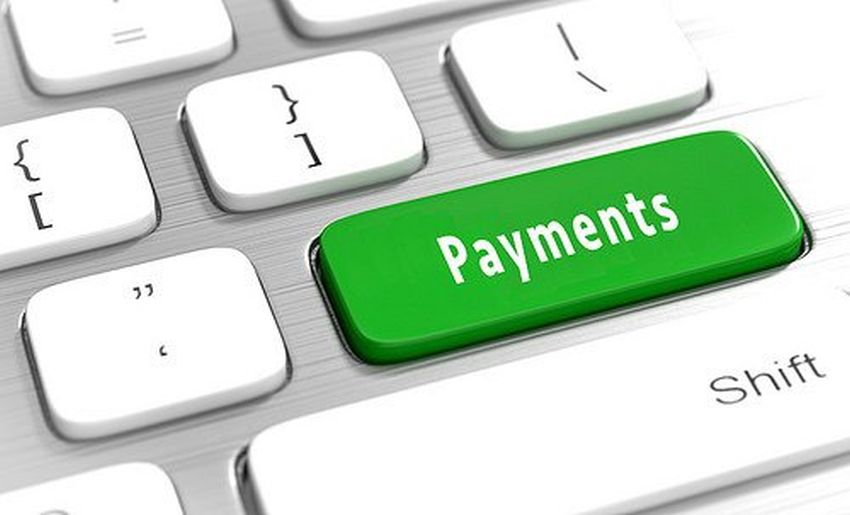
source:themindstudios.com
1. The customer gives the merchant his/her payment details like card number, digital wallet, etc.
2. Those details are then sent to the merchant account so funds can be transferred back and forth between this account and the customer’s bank/payment service provider. This dispatch is protected by tools the gateway provides that encrypt the customer’s valuable payment data.
3. The details are then sent to the acquiring bank to process for the merchant.
4. Then, the details reach the card network where fraud screening takes place,
5. before reaching the issuing bank (the one that issued the customer’s card) where another fraud check occurs.
6. Then basically, it all comes full circle, with a positive or negative answer at the end of it, depending on whether the data checked out.
Payment Gateway VS Payment Processor
At first glance, the functions of a payment gateway may sound like the ones you’d think a payment processor has. However, what payment processors do is they directly connect merchants and credit card networks like Visa, for example.

source:tidalcommerce.com
Payment gateways are basically an extra security step above that, connecting merchants with processors, and it’s a step both processors and merchants benefit from taking. In fact, most large processors don’t even work with online businesses directly.
Payment Gateway Features
The fundamental stages which a payment gateway takes an online transaction through are not to be confused with the specific features different gateways may have.
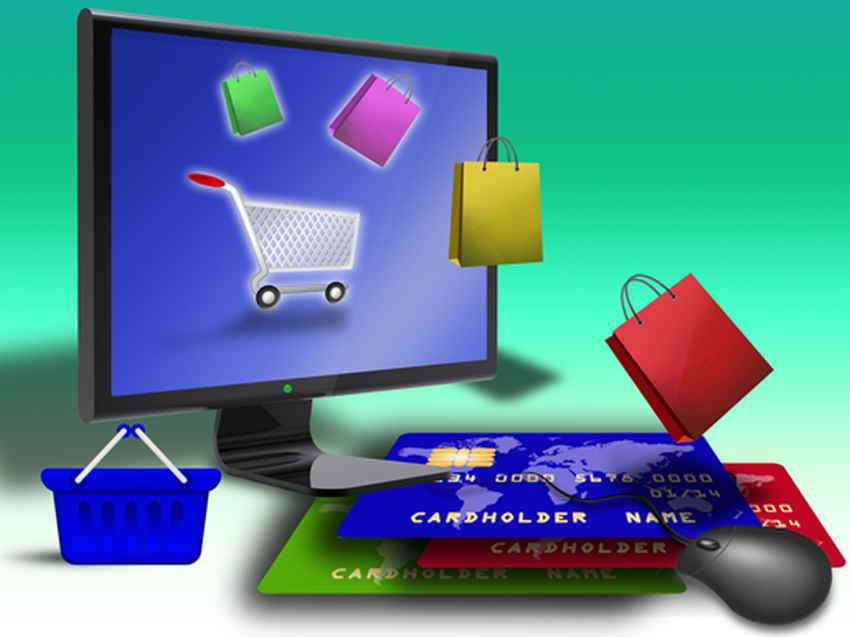
source:k2bindia.com
Some robust features most e-commerce merchants would benefit from are:
Multiple Payment Methods
Beyond credit cards, digital wallets and online payment services are becoming ever-so-popular, in addition to direct debit and bank transfers.

source:themindstudios.com
Basically, the more payment options a gateway supports, the better, as it expands the range of clients the merchant can work with, both in terms of geography and mere payment method preferences. There are many cases of sales falling though at the last minute because a merchant doesn’t provide the respective payment method of choice.
Fraud Protection
Of course, fraud protection is a fundamental of any payment gateway, however, that doesn’t mean all gateways are made equal in that sense. Don’t just take that aspect for granted – do some research before choosing a gateway.

source:themindstudios.com
Breaches in security can result in serious financial setbacks in the form of chargeback fees, penalties, and lost merchandise, not to mention the hit on your reputation which, unlike momentary monetary losses, might cause permanent damage to your business.
Automation
Automation is a true buzzword nowadays, especially in the world of e-commerce. It makes life easier, for both shoppers and merchants.
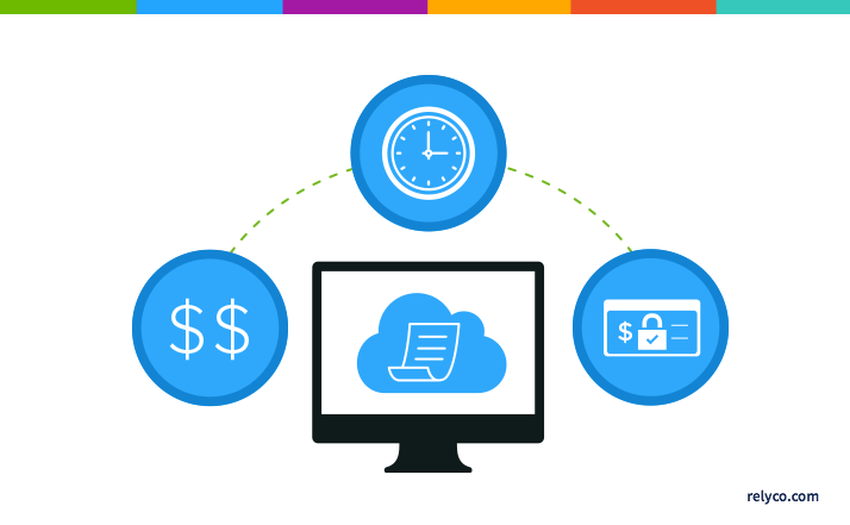
source:secure.americanexpress.com.bh
A robust, dynamic payment gateway that supports subscription sales models can streamline your operation tremendously. If that’s important to your business, look for a gateway that carries out automated billing, customizes billing plans, sends payment reminders, and updates customers’ subscription information.
In the long run, a gateway with such properties will be like an extra team member that happens to be a workhorse.
Payment Analytics
Insight into consumer psychology and shopping habits is invaluable in the business world. For that, a gateway that provides comprehensive payment data can make the difference between status quo and progress.
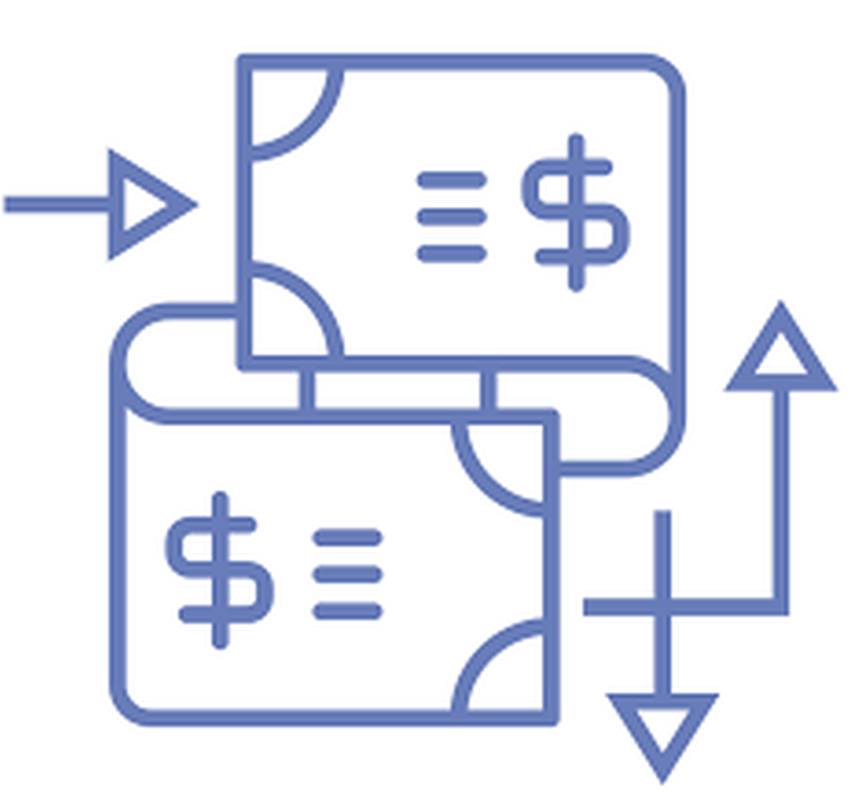
source:secure.americanexpress.com.bh
Features like payment conversions reports, sales intelligence, reconciliation, and cleanse reports will allow you to identify both your strong suits and weak chains and help you improve both, in addition to taking care of tedious tasks most business owners dread.
Merchant Account
Simply put, a merchant account allows merchants to process online credit and debit payments.
It’s like a temporary holder, a holding place for shoppers’ payments. Those funds are sent to the merchant’s actual business account only once the entire transaction checks out, as in no merchandise needs to be returned and respectively no paybacks are required.
Aggregate Merchant Account
Many businesses, especially in the small to a medium-size range, prefer aggregate, or shared merchant accounts, as in shared by all the merchants who use the same payment provider.
This is a very convenient option for regular Joes as it allows them to share the risks and costs of a merchant account while benefiting from almost the full arsenal of services, operating at their full capacity, which larger businesses get from a separate merchant account.
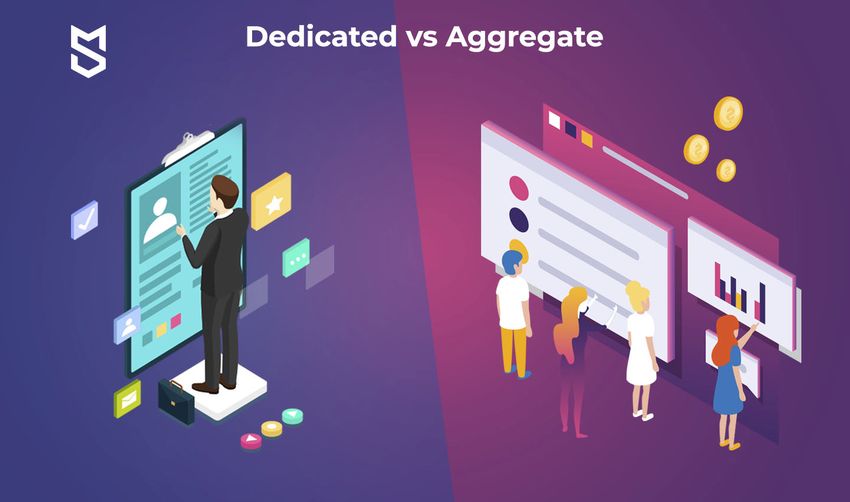
source:tidalcommerce.com
The main difference is that an aggregate merchant account is listed as a subsidiary of the payment provider’s master merchant account.
Payment Gateways and merchant accounts are not as complicated as they may sound, however, overlooking their role in your e-commerce business may result in some complicated issues and lost sales. But take your business needs and our advice into consideration, and your payment processes should be practically unnoticeable.
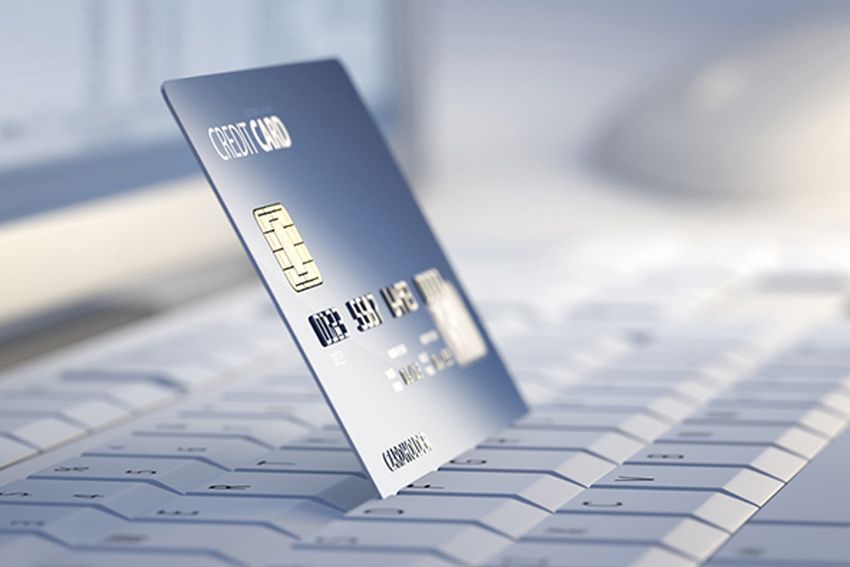
source:themindstudios.com

